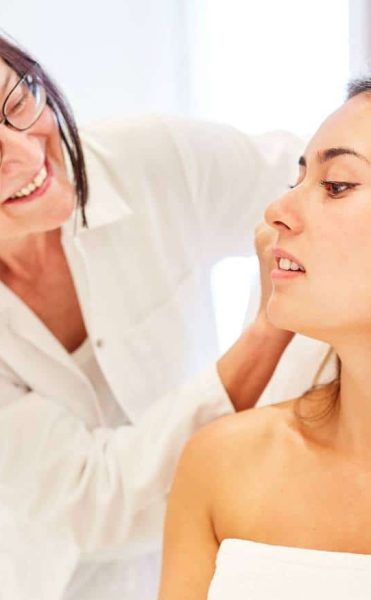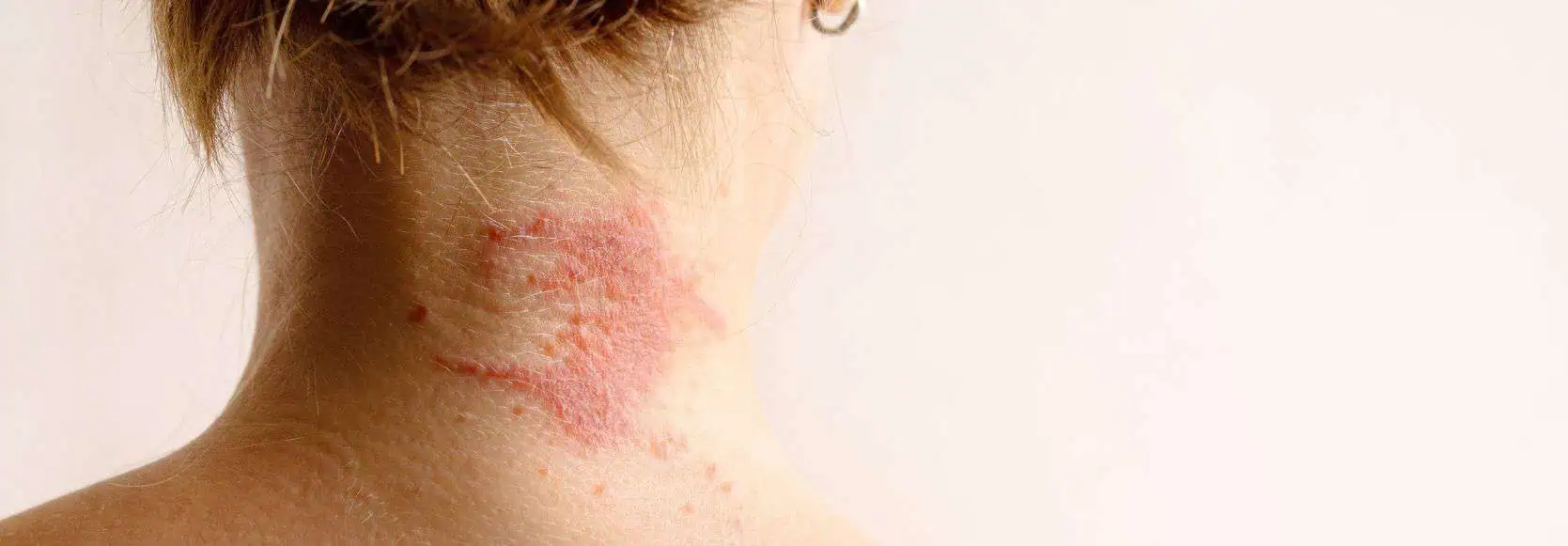Acne is a very common problem, especially for teenagers and young adults in their 20s. However, it doesn’t affect everyone equally. Some teenagers have very clear skin with just the occasional spot while others are struggling with severe and widespread acne that requires treatment by a dermatologist in London. Why do some of us get more spots than others?
How Common is Acne in Teenagers?
Acne is very common. Almost everyone with have at least a few spots at some point in their lives but it is most common during the teenage years.
- Acne is most common between the ages of 12 and 25 – 95% of adolescents between the ages of 11-30 will suffer from acne
- 80% of teenagers are affected by acne
- 3 in 10 teenagers have severe acne (e.g. cystic acne, acne scars)
- Spots often appear on the face but acne can also affect the neck, back and chest
- Teenage acne can last for 5 to 10 years (without treatment) usually disappearing by your early 20s
- Seeking treatment from a dermatologist in London can clear up spots faster
Find out more about acne treatments
If you need help treating Acne, you may benefit by seeking professional assistance. The expertise and qualifications held by our consultants allow us to offer the highest quality private dermatology consultations, treatments and skin surgery.

The reason why acne is so common in teenagers is that our skin is affected by the hormones that are circulating in our bodies. A lot of the changes that occur during adolescence are linked to these hormones, including the changes in our skin.
The main culprit when it comes to acne is testosterone. Testosterone is usually thought of as a male hormone, but we all produce it to a certain extent. The amount of testosterone in our bodies increases during puberty, especially for boys. This is why acne is more common in teenage boys than in teenage girls. The link to our hormones also explains why women often experience adult acne that is linked to their menstrual cycle or during pregnancy.
The boost in testosterone that we experience during puberty can trigger acne because it makes the oil glands in our skin grow bigger. We produce more of the oily substance known as sebum. The sebum usually moves out of the oil glands and onto the surface through our pores so that it can protect our skin. However, when we’re producing lots of sebum during adolescence, the pores can become blocked. The oil gets trapped inside where it can attract bacteria that cause the redness and swelling associated with spots.
Since everyone experiences hormonal changes during puberty, most of us will notice some spots during our teenage years. However, the number of spots that you have, how severely you’re affected, and how long your acne lasts can vary. Some teenagers have very bad acne while others enjoy clear skin. This could be due to:
- Differences in testosterone levels (this is why boys tend to get more spots than girls)
- Differences in the way your skin responds to the acne
- The types of bacteria that are present on your skin
- Your genes, as severe acne seems to run in some families
- How stressed you’re feeling
- Taking certain kinds of medication
- Using greasy products or cosmetics on your skin
- Friction or pressure on your skin (e.g. from scrubbing or wearing bike helmets)
What Can I Do to Prevent Acne? Can I Treat My Acne?
Some of the factors that increase the risk of acne are outside our control. You can’t do anything about your genes, for example. However, there are some risk factors that we can control in order to reduce the chances of getting spots or to make our acne less severe.
Acne isn’t caused by bad hygiene. Having spots or blackheads isn’t a sign that your skin is dirty or that you’re not washing properly. However, acne can be linked to certain kinds of skincare products. If you have spot-prone skin then you should avoid oily skincare products and cosmetics. Ask your dermatologist in London for advice or look for the term non-comedogenic on the labels.
You can also prevent spots from appearing in certain areas by avoiding pressure or friction against your skin. Acne often appears under collars, helmets, or backpacks, or in areas where we lean on our skin. Picking or squeezing spots can also make acne worse by irritating them and spreading infection. Changing the way you interact with your skin can therefore help to prevent spots from appearing or getting worse.
Additionally, acne can sometimes be prevented or the possibility of acne breakouts reduced through what you eat. Studies show varied results, however, there are trends in omega-3 fatty acids and flax seed foods that have properties which reduce skin irritation and inflammation.
Some over the counter acne treatment products that include Benzoyl, Adalene and Salicylic acid are able to kill bacteria on the skin, helping to reduce breakouts of bacteria-based acne, while also helping with skin cell turnover and regeneration without including oils.
However, acne is mainly caused by processes that happen inside our bodies and that are outside our control so it isn’t usually possible to stop spots completely. Over the counter products can help when spots appear but if these don’t work or your acne is severe you should see a dermatologist in London. We offer a range of different treatments at HSDC to get rid of acne in teenagers. Acne treatment can reduce the severity of acne and help to clear up your skin quicker. Acne treatments range from medical lotion and medication based treatments to laser acne treatments. We can also provide personalised skincare tips and treatment for acne scars.
Start your journey with us



